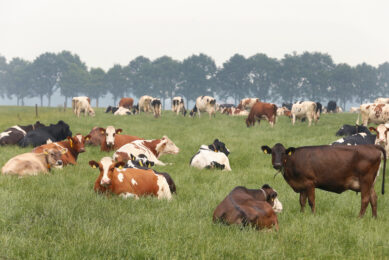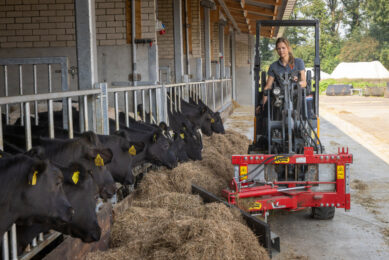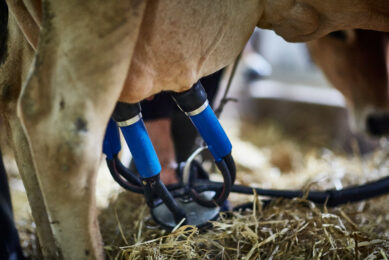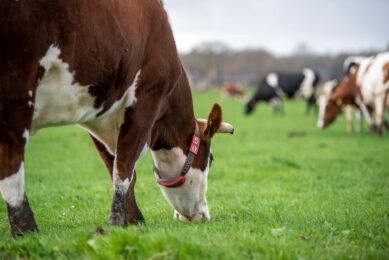Dairy farmers reaping the benefits of private investment
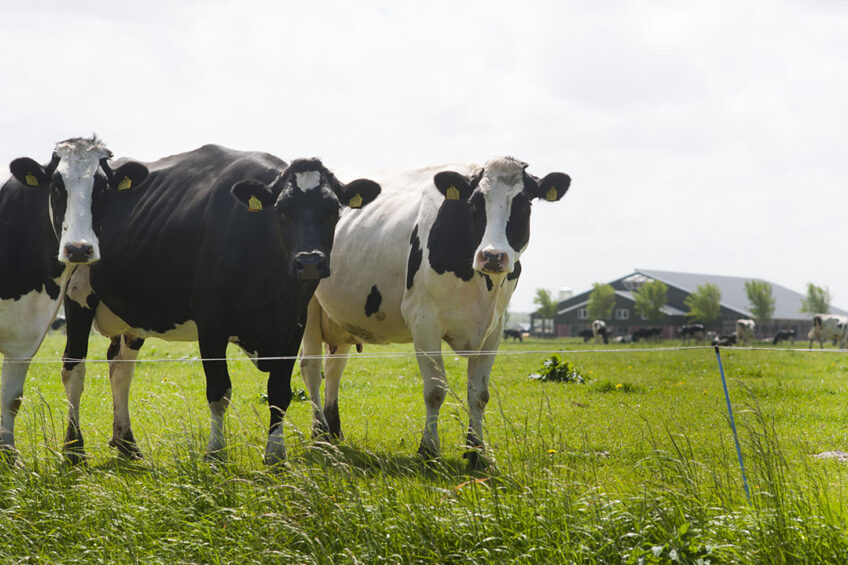
Private investment is playing an important role in ecosystem services and has the potential to reduce greenhouse gas emissions from dairy farms.
The Resilient Dairy Landscapes Project, funded by the Global Food Security programme, has been exploring the trade-offs between farmers’ livelihoods, the natural environment, and a stable supply of reasonably priced dairy products.
It looked at the operation of Landscape Enterprise Networks (LENs), which match private investors affected by landscape challenges with land managers in Cumbria and East Anglia, as well as initiating the first networks in South West Scotland and supporting their extension into Europe.
Private sector investment may be needed to reach UK net-zero targets.
The project found farmers in Eden Valley, Cumbria, planted hedgerows 4 times faster under the privately-funded Nestle-First Milk scheme than in public sector agri-environment schemes, suggesting that private sector investment may be needed to reach UK net-zero targets.
Farmer preference for private investment
Farmers interviewed said they preferred private investment via LENs, which offer a simplified evaluation process, to publicly-funded agri-environment alternatives.
The project also looked to see if the implementation of on-farm interventions under the Cumbrian scheme affected the prevalence and incidence of vector-borne diseases in cattle. It found that there was no impact from planting more hedgerows on vector-borne diseases such as summer mastitis.
Mark Reed, Professor of Rural Entrepreneurship at Scotland’s Rural College (SRUC), which has led the £1.5 million project, said: “These findings are important because they show the important role hedgerow planting can play in meeting net-zero targets, and how carbon finance can speed up this process and make hedgerow planting more attractive to farmers.
“Landscape Enterprise Networks are now a proven method for enabling companies to invest in the natural capital they depend upon, and the research shows that if designed well, privately-funded schemes can be more attractive to farmers than publicly-funded agri-environment schemes, because they are more flexible.”
The project is being carried out in partnership with the universities of Newcastle, Leeds and Liverpool and Nestle UK.
To find out more: Resilient Dairy Landscapes -The Project
Join 13,000+ subscribers
Subscribe to our newsletter to stay updated about all the need-to-know content in the dairy sector, two times a week.



